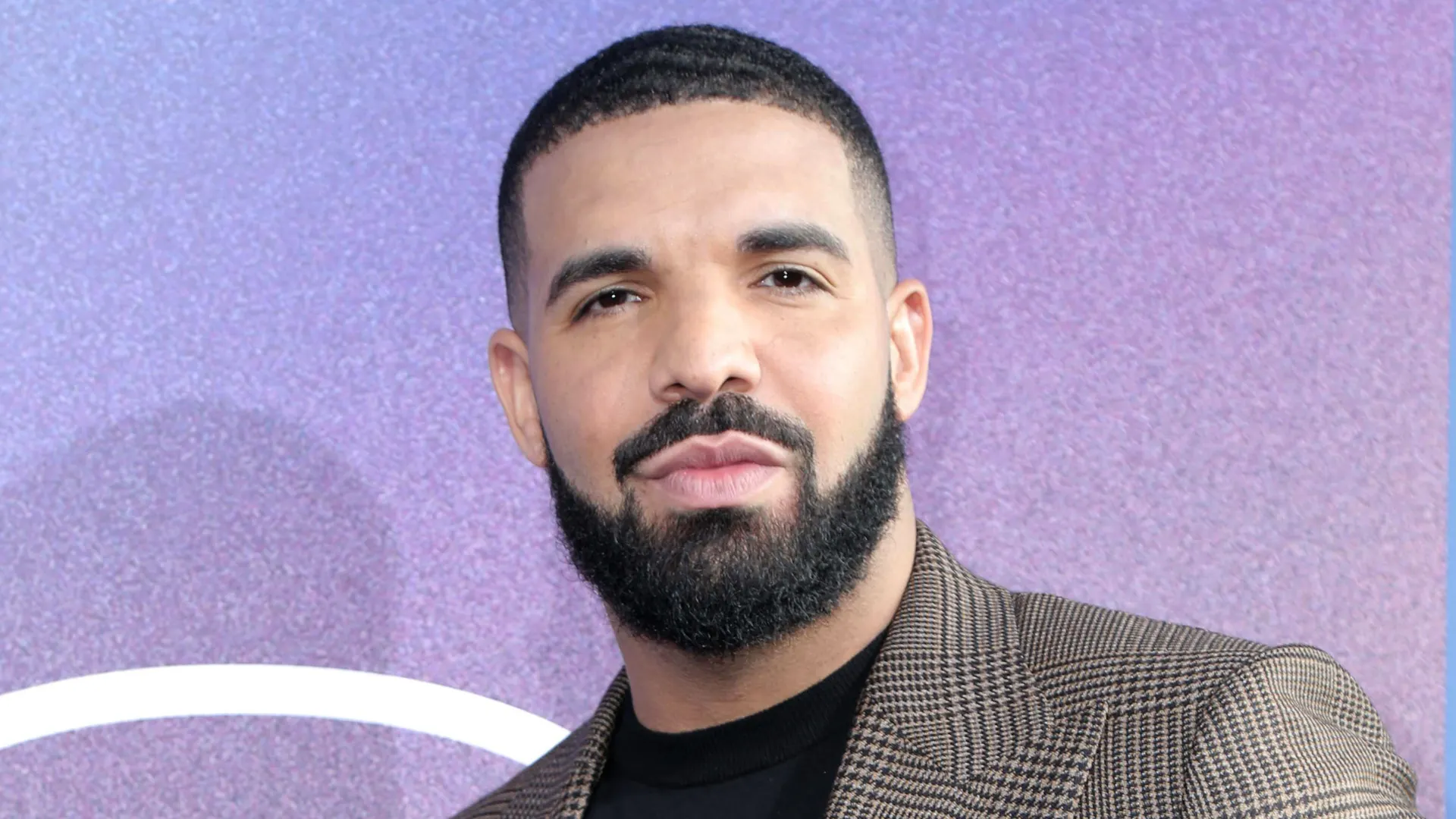A pseudonymous TikTok user sparked global controversy in April by releasing an AI-generated, fictional collaboration between Drake and The Weeknd that quickly went viral. Now they’re back with a new song—and hoping to take the robot-crafted tracks all the way to the Grammys.
The song’s creator, Ghostwriter, recently submitted the hit, fabricated Drake/Weeknd single—”Heart on My Sleeve”—for Grammy Awards consideration in two categories: Best Rap Song and Song of the Year. The song had been yanked from streaming platforms following legal threats earlier this year.
Since Ghostwriter wrote the lyrics to the song, per The New York Times, the artist would appear to be eligible for the music industry’s top honor—despite the fact that their song employed artificial intelligence to mimic the vocal styles of Drake and The Weeknd without those star singers’ respective consent.
Harvey Mason Jr., CEO of the Recording Academy—the organization behind the Grammys—previously told Decrypt that he stands by the Academy’s recent decision to allow songs created in part (but not mostly or entirely) with AI tools to be eligible for awards.
“[We] will not be giving an award to AI-generated material, but we will allow material that was contributed to by AI to be entered," Mason said in July. "It wouldn't be fair to discredit every piece of creative work that was submitted if it had been touched by AI."
Mason confirmed to The New York Times that the fake Drake/Weeknd song is “absolutely eligible” for awards consideration on the creative front, given the human origin of the lyrics.
However, there's a hitch. On Friday, Mason clarified via a social media video that the song in fact would not be eligible for Grammy Awards this year on the basis of it not having been commercially available via "general distribution" and a "broad release." In other words, it could have been up for nominations if it hadn't been pulled.
Earlier this week, Ghostwriter published a new AI-assisted track, “Whiplash,” this one imagining a collaboration between the rappers Travis Scott and 21 Savage. This time, Ghostwriter left a note along with their music, imploring Scott and 21 Savage to allow the track to be released widely in return for any royalties the song generated.
it’s been awhile… can’t kill a ghost @trvisXX x @21savage out now pic.twitter.com/LsoisHThS5
— ghostwriter (@ghostwriter977) September 6, 2023
“It’s clear that people want this song,” Ghostwriter wrote. “The future of music is here. Artists now have the ability to let their voice work for them without lifting a finger.”
Ghostwriter’s refusal to go away quietly in the face of the ethical and legal concerns swirling around AI-generated music speaks to the pervading thought among some recording industry leaders that AI cannot be combatted—it must be adapted to. To these executives, the technological toothpaste is already out of the tube, so to speak.
“Not knowing exactly what [AI] is going to mean or do in the next months and years gives me some pause and some concerns,” Grammys chief Mason previously told Decrypt. “But I absolutely acknowledge that it's going to be a part of the music industry and the artistic community and society at large.”
The entry period for Grammys submissions ended last week. Recording Academy members will vote on nominees from October 11-20; nominees will then be announced on November 10. The 66th Annual Grammy Awards are set to air live on February 4, 2024 from the Crypto.com Arena in Los Angeles.
Editor's note: This article was updated following the release of a social media video from Harvey Mason Jr. with new information claiming that the song's lack of a wide release makes it ineligible for Grammy awards, despite meeting the Recording Academy's creative criteria around AI tools.

